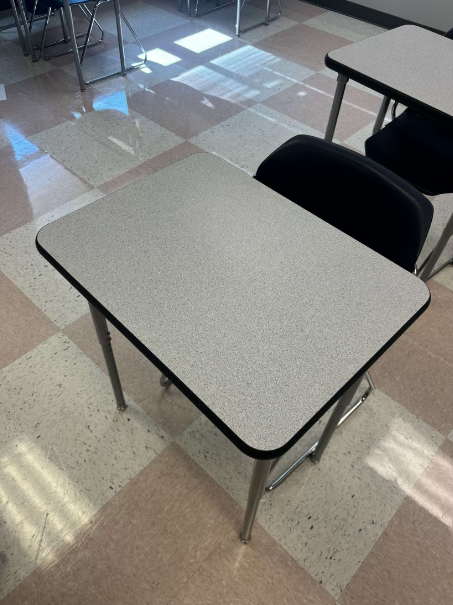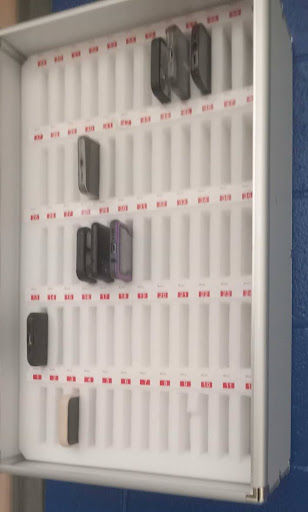At the beginning of the school year, a new attendance policy was implemented. Its main focus was to enforce consequences for students who come late to first period. The emails about the new rules goes on to say how if a student continues to be tardy for more than five minutes to their first period class, the student will be notified from the dean’s office of an “intervention assignment.” These intervention assignments can include a conference with a dean, a 30 minute to two hour after school detention, or even Saturday School for two to four hours.
“If you’re more than five minutes late to your first period, you scan in, then that name would go into a database and everybody that came in late that day will receive a consequence by third period. First is a warning. After that, they can get a 30 minute detention, one to two hour detention, or Saturday School,” said Michael Tomczak, Dean of Students.
Tomczak clarified the purpose for these new rules.
“The reason we did it was because we had a significant portion of our population that was making it to first period but was consistently late. We watch waves and waves of kids that come in late with no real sense of urgency. First period is the biggest attendance concern,” Tomczak said.
Tomczak suggests that students should just leave the house a little earlier to get to school on time.
“We get people saying they slept in, their alarm didn’t go off, they didn’t feel good, or the parking lot was crowded. For people who actually have reasons, they will still be excused. We aren’t trying to get people in trouble. We are only targeting people who have no sense of urgency and are consistently coming in late,” said Tomczak.
With about a month in the school year, Tomczak reports that these new rules have proven to be successful.
“We’ve seen positive outcomes so far,” said Tomczak. “Our desire is to give no one a detention. We want you here. It’s better and it’s improving.”
For the freshmen this year, these changes are new. Freshman Kaitlyn Sprindis thinks the new attendance rules are acceptable, and she is not nervous about being late.
“I think it is very good because it makes people get to class on time which is important for academics,” said Sprindis.
Some students, like senior Marissa Jackson, believe that attendance has always been an issue. Jackson relates the problem with making school start at 7:15, which is earlier than before. She believes that the new schedule change is a contributing factor to students showing up late to first period.
“I believe it is very important for students to be on time. It saves stress for the teachers and stress for the students. But, I feel like these time changes have messed up both student and teachers’ schedules, which has caused students to have to get up even earlier than before. I will admit that it’s nice to get out earlier, but I feel bad for the students who have to get up even earlier to be on time,” said Jackson.
Other students, like senior Niya Muckom, say that adding more consequences to the attendance policy is excessive.
“I think the stricter attendance rules are unnecessary. They’ve made things more complicated.”
Though these new rules can sound harsh, these rules are targeted towards repeated unexcused first period tardies. As long as students have a valid reason for missing a day and are making an effort to come to North every day, they will not be issued a detention.
“We needed to change. We know it’s important for kids to be in their classrooms. So, we felt that we had to be a little more clear with our expectations and the consequences for not meeting those expectations,” said Tomczak. “We’ve communicated through emails, announcements and 411 videos. We don’t want to give detention to anyone. We want you to be here.”









